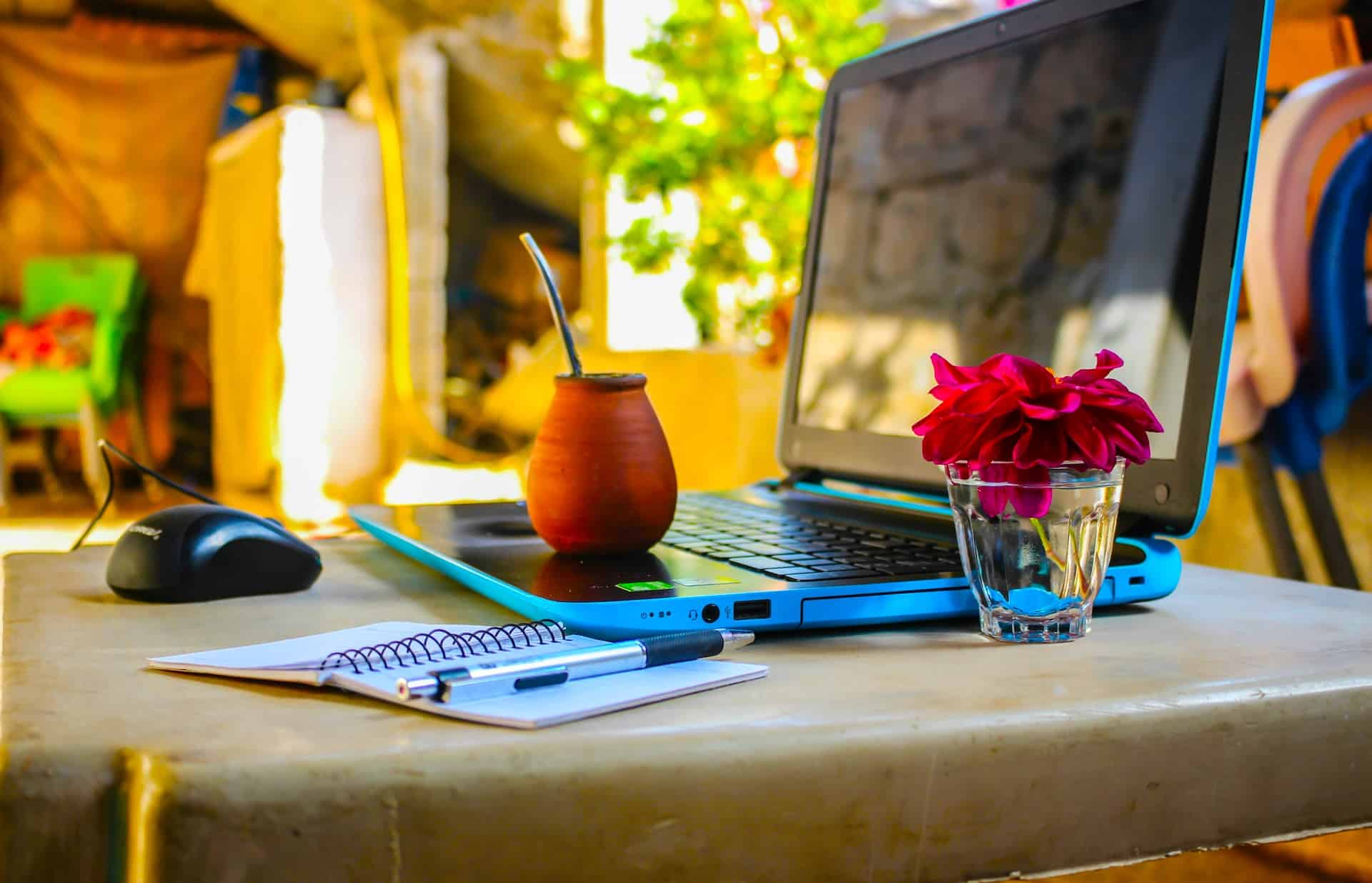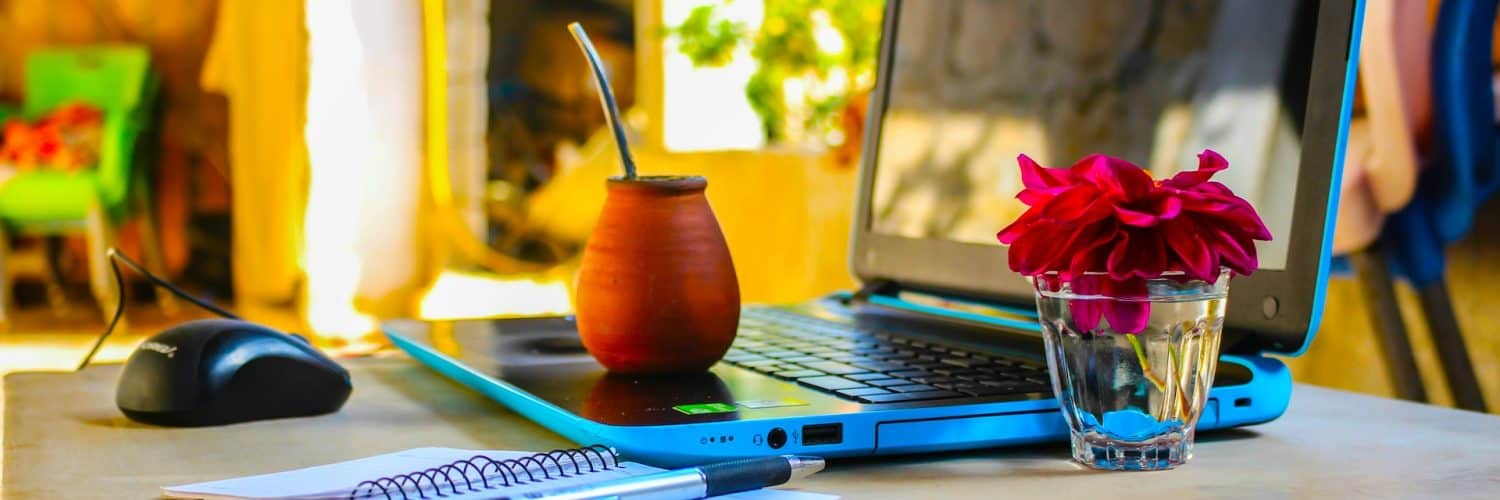How to Become a Digital Nomad
Becoming a digital nomad has been an enticing proposition for many in the modern age of remote work and ubiquitous internet connectivity. The idea of working from anywhere in the world, especially in locations with picturesque landscapes, rich culture, and a low cost of living, has led many to consider this lifestyle. The Philippines, an archipelago of over 7,000 islands, is a hotspot for digital nomads due to its mesmerizing beaches, friendly locals, and affordability. Here’s a comprehensive guide on how to become a digital nomad in the Philippines, with key areas to consider and a deep dive into some prime examples.

1. Understanding the Digital Nomad Lifestyle
Flexibility and Independence: At its core, the digital nomad lifestyle is about flexibility and independence. This means you can choose your work hours, location, and often even your clients or projects. While this sounds dreamy, it requires a lot of discipline and self-motivation to stay productive.
Challenges: Like any lifestyle, being a digital nomad comes with its own set of challenges. While you get to travel and explore new places, there’s also the matter of finding reliable internet, adjusting to different time zones, and sometimes feeling isolated. Preparation and adaptability are key.
2. Necessary Tools and Equipment
Reliable Laptop: Your laptop is your workstation. Investing in a reliable, lightweight, and powerful laptop is essential. It’s your primary tool, and its performance and durability will directly impact your productivity.
Connectivity Tools: A portable Wi-Fi device can be a lifesaver. While many places in the Philippines offer free Wi-Fi, having your own device ensures you’re not dependent on others. Additionally, local SIM cards with data packages are affordable and widely available.
3. Visa and Legal Requirements
Tourist Visa: Initially, most digital nomads enter the Philippines on a tourist visa, which typically lasts for 30 days. However, this can be extended for up to 36 months. Always ensure you’re up-to-date with visa extensions to avoid legal complications.
Special Visas: The Philippines has other visa options like the Special Resident Retiree’s Visa (SRRV) which might be suitable for some digital nomads, especially if planning a longer stay. It’s essential to consult with immigration professionals or the Bureau of Immigration for guidance.
4. Best Locations for Digital Nomads
Cebu City: A bustling urban center, Cebu City is a perfect blend of city life and natural beauty. It offers a range of co-working spaces, cafes, and is close to some of the country’s most beautiful beaches.
Siargao: Known for its surfing, Siargao has recently become a hub for digital nomads. It provides a laid-back island life with a growing community of remote workers. However, it’s crucial to note that while the ambiance is great, Wi-Fi can sometimes be spotty.
5. Cost of Living
Affordability: The Philippines is one of Southeast Asia’s most affordable countries. Accommodation, food, transportation, and leisure activities can all be done on a budget. For example, a meal at a local eatery might cost as little as $2-4 USD.
Budgeting: However, like anywhere, it’s easy to overspend if you’re not careful. Keeping track of expenses and setting a monthly budget can help in living comfortably without breaking the bank.
6. Joining Local Communities
Co-working Spaces: Places like Manila, Cebu City, and even some islands have co-working spaces where you can not only work but also network with fellow digital nomads. They’re excellent places to share experiences, tips, and even collaborate on projects.
Online Groups: There are numerous Facebook groups and forums dedicated to digital nomads in the Philippines. Joining these can help in getting advice, finding accommodations, or even meeting up with fellow nomads.
7. Health and Safety
Travel Insurance: Before setting off on your nomadic journey, ensure you have comprehensive travel insurance. This should cover not only medical emergencies but also lost equipment or unforeseen events that might disrupt your travels.
Staying Safe: While the Philippines is generally safe, like any other country, there are areas best avoided. Always do your research, especially if traveling to lesser-known regions.
8. Embracing the Local Culture
Learning the Language: While English is widely spoken in the Philippines, learning a few basic phrases in Filipino can go a long way. It’s not only practical but also shows respect to the locals.
Participating in Local Activities: Joining local festivities, trying Filipino delicacies, and engaging in activities like traditional dance or music can enrich your experience. The Philippines has a rich cultural tapestry, and diving into it can make your stay memorable.
9. Balancing Work and Leisure
Time Management: It can be tempting to explore all the time, but remember, you’re also there to work. Setting a strict work schedule can help in ensuring you get the best of both worlds.
Taking Breaks: Just as important as working is taking the time to explore and relax. The Philippines offers a plethora of activities, from diving and hiking to simply lounging on the beach. Make sure you make the most of it.
10. Preparing to Pivot
Changing Locations: The beauty of being a digital nomad is the ability to move. If you feel a location isn’t suitable, whether due to connectivity issues or personal preference, you have the freedom to shift.
Evolving Needs: As you spend more time in the Philippines, your needs and preferences might change. Always be ready to adapt, whether it means finding a new co-working space, moving to a quieter location, or even hopping to a neighboring country.
In conclusion, the Philippines, with its diverse landscapes, warm people, and cost-effective living, is a dream destination for many digital nomads. However, like any journey, preparation is key. By considering the factors above and always being ready to adapt, you can make the most of your digital nomad experience in the Philippines.


















Add comment